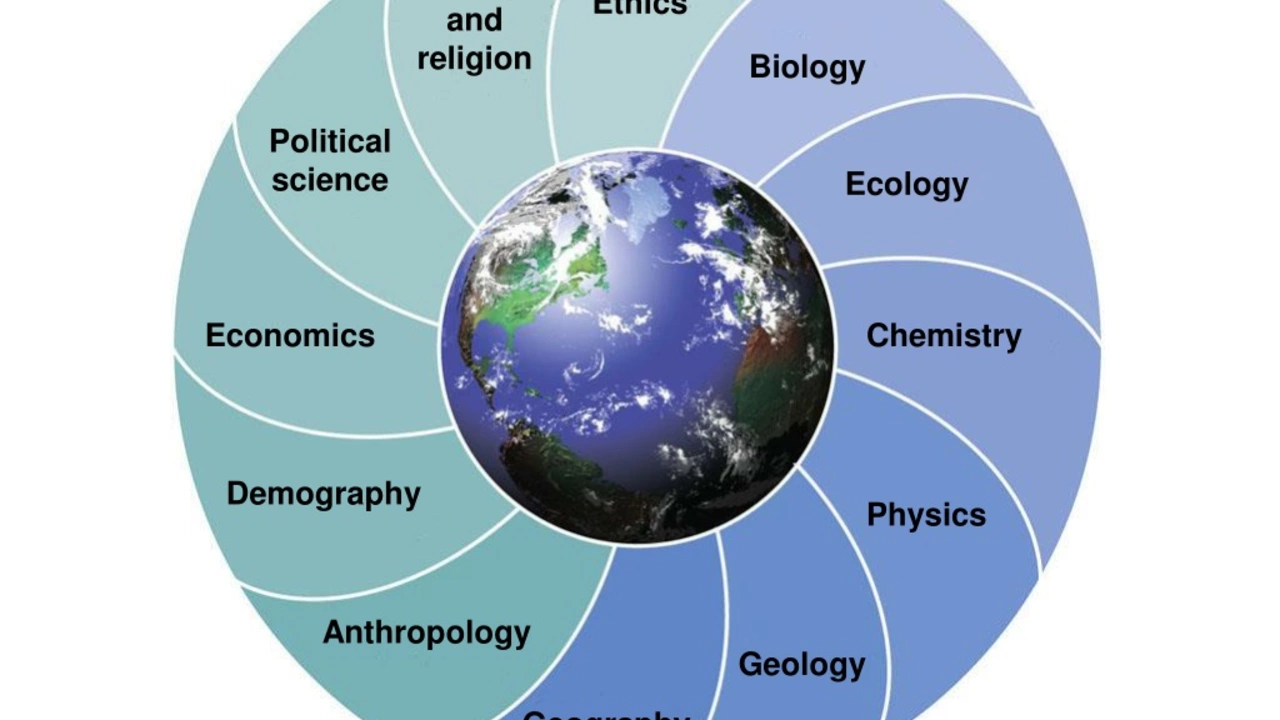Understanding the Basic Concepts of Ecology
In this first section, we're going to dive right into the heart of what ecology is. As a branch of biology, ecology involves the study of the relationships between organisms and their environment. This includes understanding how organisms interact with each other and with their surroundings. But, ecology isn't just about plants and animals in a forest, or fish in the sea. It covers all organisms, from the tiniest microbes to the largest whales, and from the deserts to the deepest oceans. So, when we talk about the different types of ecology, we're essentially breaking down this vast field into more manageable and comprehensible chunks of study.
The Significance of Organismal Ecology
Organismal ecology focuses on the individual organisms, their behavior, physiology, morphology, and how these aspects impact their survival in a particular environment. This type of ecology is significant because it helps us understand the adaptive traits that allow organisms to survive and thrive in their environment. For example, why do camels have humps? Or why do some plants only bloom at night? The answers to these intriguing questions lie in organismal ecology.
The Importance of Population Ecology
Moving from individual organisms to groups of the same species, we venture into the realm of population ecology. Population ecology studies the number of individuals of a particular species in an area, their distribution, how they interact with one another, how their numbers change over time, and what factors influence these changes. Understanding population ecology is crucial for conservation efforts, managing wildlife and fisheries, and even controlling pests.
The Role of Community Ecology
When we expand our scope to include different species living together in an area, we enter the field of community ecology. This type of ecology looks at the interactions between different species and how these interactions shape the community. For instance, how does the introduction or removal of a species affect the community? What role do predators, competitors, and mutualists play? Community ecology is essential for understanding biodiversity, ecosystem health, and conservation strategies.
Ecosystem Ecology: A Broader Perspective
Ecosystem ecology takes a wider view, encompassing not just the organisms, but the physical environment they live in. It studies the flow of energy and nutrients in an ecosystem, the physical factors like climate and geography, and how these all interrelate. Ecosystem ecology is vital for environmental management, understanding climate change impacts, and maintaining ecosystem services that we depend on, like clean water and air.
The Global Significance of Landscape and Biosphere Ecology
Landscape ecology examines patterns in ecological systems while considering a variety of factors like topography, human influence, and connectivity. Biosphere ecology, on the other hand, is the study of the global sum of all ecosystems. These types of ecology are significant in understanding large scale ecological issues like global warming, deforestation, and urbanization. They help in formulating strategies for sustainable development and conservation on a global scale.
In conclusion, the different types of ecology are all significant in their own ways, providing unique insights and understanding about our natural world. Each one offers a different lens through which we can view and study the complex web of life on Earth. By understanding these different types of ecology, we can better appreciate the intricate interconnections of life and work towards preserving our planet's priceless biodiversity.

Write a comment